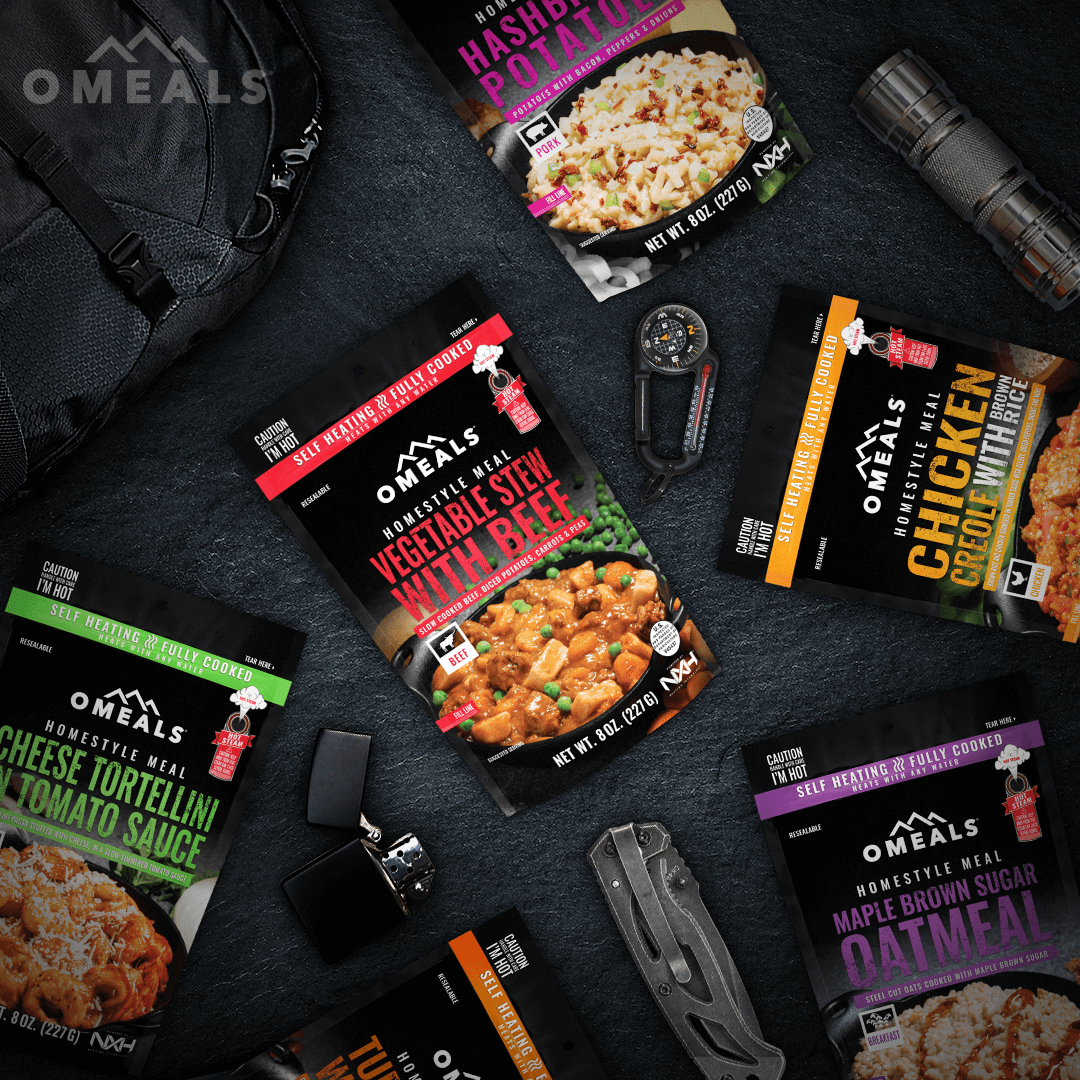Summers can be filled with pool parties, backyard cookouts, road trips, days at the beach and extra time spent with family and friends. Summer is also a season of hot weather and the Atlantic Hurricane Season stretches from June 1 to November 30. Here are several tips on prepping your home for the summer season.
As the temperatures rise you’ll want to keep your house cool. As you prepare for summer take time to check your windows and doors to ensure cold air stays in and the hot air stays out. Re-caulk any windows that are not properly sealed and replace any old or worn weather stripping. Schedule an HVAC tune-up before the heat of the summer arrives so you can rest assured your air conditioner is in working order. When you schedule your HVAC tune-up, also take the time to ensure all of the registers and vents are clean and not blocked by anything.
 Summer can also mean hurricanes, so it is important to make sure your home is prepared for emergency situations. Take time to review evacuation plans in your area so if the time comes you are prepared and not left scrambling trying to figure out where to go. In addition to reviewing evacuation plans, note the location of water, gas, and electricity shut offs in case officials ask you to turn off these utilities.
Consider installing hurricane impact glass in your home as you prep your home for the summer season. Impact windows have several layers of glass or synthetic materials which are incredibly difficult to break or penetrate. This serves to protect you and your home’s contents from debris during a hurricane. It should be noted that according to the Florida building codes, if your home is within one mile of Florida’s coast, you are required to install impact windows when building or remodeling your home.
One general step you can take for emergency preparedness in the summer season is to put together a basic emergency kit. Be sure to include a basic first aid kit, which should contain any necessary prescriptions or medications. The emergency kit should also include food and water. A general rule of thumb for calculating your needed supply is to have one gallon of water per person per day. A three day emergency kit for a family of four should have 12 gallons of water. It is important to change the water every 12 months to ensure it remains safe for drinking. Along with the water, add pre-packaged foods - such as OMEALS. Having these on hand - which last for 5 years in the correct environment - will ensure that your family has proper nutrition in any situation.
Summer can also mean hurricanes, so it is important to make sure your home is prepared for emergency situations. Take time to review evacuation plans in your area so if the time comes you are prepared and not left scrambling trying to figure out where to go. In addition to reviewing evacuation plans, note the location of water, gas, and electricity shut offs in case officials ask you to turn off these utilities.
Consider installing hurricane impact glass in your home as you prep your home for the summer season. Impact windows have several layers of glass or synthetic materials which are incredibly difficult to break or penetrate. This serves to protect you and your home’s contents from debris during a hurricane. It should be noted that according to the Florida building codes, if your home is within one mile of Florida’s coast, you are required to install impact windows when building or remodeling your home.
One general step you can take for emergency preparedness in the summer season is to put together a basic emergency kit. Be sure to include a basic first aid kit, which should contain any necessary prescriptions or medications. The emergency kit should also include food and water. A general rule of thumb for calculating your needed supply is to have one gallon of water per person per day. A three day emergency kit for a family of four should have 12 gallons of water. It is important to change the water every 12 months to ensure it remains safe for drinking. Along with the water, add pre-packaged foods - such as OMEALS. Having these on hand - which last for 5 years in the correct environment - will ensure that your family has proper nutrition in any situation.
 Summer can also mean hurricanes, so it is important to make sure your home is prepared for emergency situations. Take time to review evacuation plans in your area so if the time comes you are prepared and not left scrambling trying to figure out where to go. In addition to reviewing evacuation plans, note the location of water, gas, and electricity shut offs in case officials ask you to turn off these utilities.
Consider installing hurricane impact glass in your home as you prep your home for the summer season. Impact windows have several layers of glass or synthetic materials which are incredibly difficult to break or penetrate. This serves to protect you and your home’s contents from debris during a hurricane. It should be noted that according to the Florida building codes, if your home is within one mile of Florida’s coast, you are required to install impact windows when building or remodeling your home.
One general step you can take for emergency preparedness in the summer season is to put together a basic emergency kit. Be sure to include a basic first aid kit, which should contain any necessary prescriptions or medications. The emergency kit should also include food and water. A general rule of thumb for calculating your needed supply is to have one gallon of water per person per day. A three day emergency kit for a family of four should have 12 gallons of water. It is important to change the water every 12 months to ensure it remains safe for drinking. Along with the water, add pre-packaged foods - such as OMEALS. Having these on hand - which last for 5 years in the correct environment - will ensure that your family has proper nutrition in any situation.
Summer can also mean hurricanes, so it is important to make sure your home is prepared for emergency situations. Take time to review evacuation plans in your area so if the time comes you are prepared and not left scrambling trying to figure out where to go. In addition to reviewing evacuation plans, note the location of water, gas, and electricity shut offs in case officials ask you to turn off these utilities.
Consider installing hurricane impact glass in your home as you prep your home for the summer season. Impact windows have several layers of glass or synthetic materials which are incredibly difficult to break or penetrate. This serves to protect you and your home’s contents from debris during a hurricane. It should be noted that according to the Florida building codes, if your home is within one mile of Florida’s coast, you are required to install impact windows when building or remodeling your home.
One general step you can take for emergency preparedness in the summer season is to put together a basic emergency kit. Be sure to include a basic first aid kit, which should contain any necessary prescriptions or medications. The emergency kit should also include food and water. A general rule of thumb for calculating your needed supply is to have one gallon of water per person per day. A three day emergency kit for a family of four should have 12 gallons of water. It is important to change the water every 12 months to ensure it remains safe for drinking. Along with the water, add pre-packaged foods - such as OMEALS. Having these on hand - which last for 5 years in the correct environment - will ensure that your family has proper nutrition in any situation.

